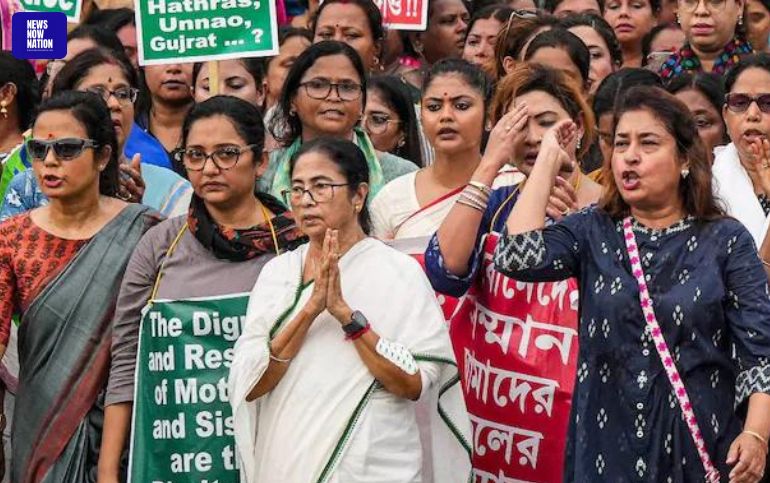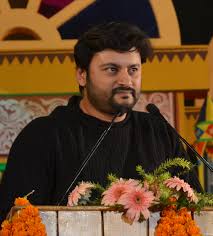
In the political landscape of West Bengal, one thing has become clear over the years: no one dismisses rape cases like Mamata Banerjee. The West Bengal Chief Minister has repeatedly sparked controversy with her responses to sexual assault incidents, often downplaying or outright dismissing the severity of the crimes. From Park Street to Kamduni, and now the recent RG Kar case, Banerjee’s handling of these situations has drawn widespread criticism.
The Park Street Rape Case: A Turning Point
In 2012, Damayanti Sen, then Joint Commissioner of Police (Crime) in Kolkata, became a hero for cracking the Park Street gang rape case. However, her efforts were met with unexpected consequences. Sen was abruptly transferred to Barrackpore Police Training College as DIG (Training), a move widely seen as punishment for challenging the Chief Minister’s narrative. Banerjee had infamously dismissed the Park Street rape as a “shajano ghotona” (fabricated incident) intended to tarnish her new government. Sen’s determination to solve the case contradicted Banerjee’s claims, and it became evident that crossing Didi was not without repercussions.
A Pattern of Dismissal and Denial
The Park Street case was not an isolated incident. Over the years, Banerjee’s government has faced several high-profile rape cases, each met with a similar pattern of dismissal or denial. The 2013 Kamduni gang rape, where the Chief Minister accused protesters of being “CPI(M) supporters” and a 2022 incident in Nadia where she suggested the victim’s death was linked to an “affair,” are just a few examples.
In each case, Banerjee’s initial reaction has been to cast doubt on the victim’s claims or to shift the blame onto political rivals. This tendency to downplay the severity of rape cases has fueled criticism that Banerjee is more concerned with protecting her political image than with seeking justice for victims.
The Recent RG Kar Case: A Familiar Response
As Kolkata grapples with yet another rape and murder case, Banerjee’s response has once again come under scrutiny. The RG Kar case has sparked protests, with citizens demanding justice and accountability from the state government. However, rather than addressing the concerns of the protesters, Banerjee has positioned herself as the victim, claiming that the protests are politically motivated.
Her party’s spokesperson, TMC Rajya Sabha MP Derek O’Brien, shifted the blame to the Central Bureau of Investigation (CBI), calling for swift justice while subtly distancing the state government from the responsibility. This move has been seen by many as an attempt to deflect criticism and avoid taking accountability for the government’s failure to protect its citizens.
A Legacy of Controversy
Mamata Banerjee’s handling of rape cases has become a defining aspect of her tenure as Chief Minister. Her repeated dismissal of victims’ claims and her tendency to frame these incidents as political conspiracies have not only sparked outrage but also highlighted a troubling lack of empathy for the victims. As a woman leader, Banerjee’s reluctance to take a firm stand on these issues has disappointed many who once saw her as a champion for women’s rights.
In the case of the RG Kar incident, as conspiracy theories swirl and powerful names are whispered in connection to the crime, the public’s demand for justice grows louder. Yet, Banerjee’s response remains consistent with her past actions: deflect, dismiss, and claim victimhood. It’s a pattern that has become all too familiar in West Bengal, and one that raises serious questions about the state’s commitment to justice for all its citizens.
This is not a “shajano ghotona.” This is the reality of West Bengal under Mamata Banerjee’s leadership. And as long as she continues to prioritize her political image over the safety and dignity of her people, the cycle of controversy and criticism will continue.
Stay tuned to News Now Nation for updates and more news.
Follow us on social media for real-time news updates:










